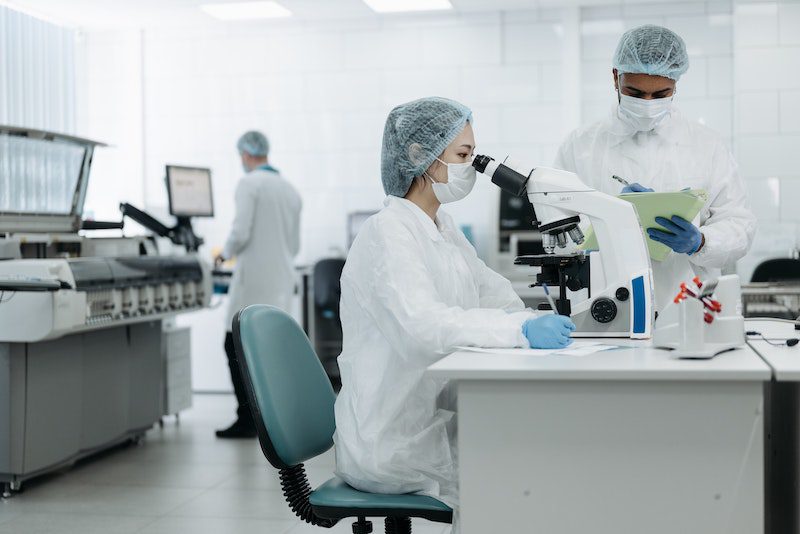Biomedical scientists carry out experiments on samples of body fluids and tissue to help develop solutions to threatening diseases.
What does a biomedical scientist do?
Biomedical scientists are responsible for investigating and diagnosing patient illnesses such as HIV, cancer, diabetes, food poisoning, hepatitis and meningitis. Most work is laboratory-based.
Typical tasks include:
- analysing specimens of blood, tissues, urine and faeces for chemical constituents using sophisticated computer-aided and automated testing procedures.
- analysing cultures grown from samples
- identifying blood groups
- interpreting results for and liaising with medical staff
- monitoring the effects of treatment and medication
- maintaining accurate records
- writing medical reports
Typical employers of biomedical scientists
- Medical Research Council
- Universities
- Pharmaceutical manufacturers
- Public Health England
- Clinical pathology laboratories within NHS hospitals
- NHS Blood and Transplant
- Health and Safety Executive
- Private hospitals
Qualifications and training required
You can only become a biomedical scientist if you have a relevant degree.
Key skills for biomedical scientists
Biomedical scientists need clear and effective written and verbal communication skills. Employers also look for:
- an analytical approach
- attention to detail
- sound research skills
- problem-solving skills
- responsibility
- the ability to work as part of a team
Recommended IBDP subjects needed to apply to university to study biomedical sciences:
Chemistry HL and Biology HL


